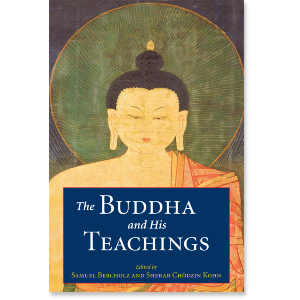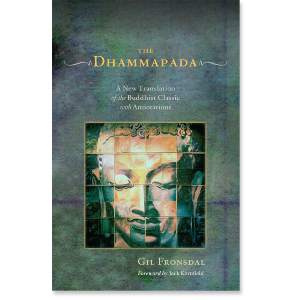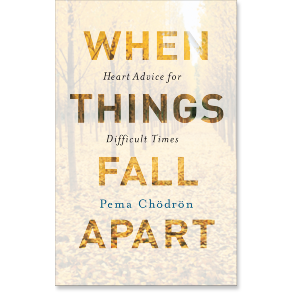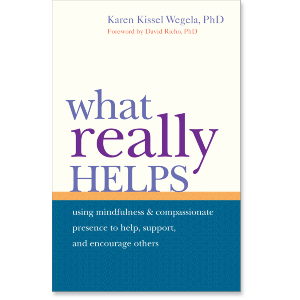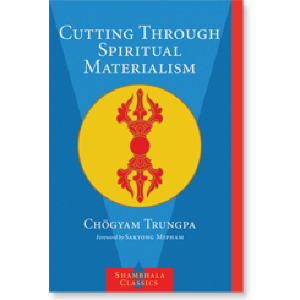Rev. Danny Fisher, MDiv, DBS., is a professor and coordinator of the Buddhist Chaplaincy Program at University of the West in Rosemead, California. An ordained Buddhist minister with the Los Angeles Buddhist Union and the Buddhist Sangha Council of Southern California, he is also certified as a mindfulness meditation instructor by Naropa University in association with Shambhala International. In 2009, Danny became the first-ever Buddhist member of the National Association of College and University Chaplains.
A blogger for Patheos.com, Shambhala SunSpace, and Buddhadharma: The Practitioner’s Quarterly, he has also written for Tricycle: The Buddhist Review, Inquiring Mind, Religion Dispatches, The Journal of Buddhist Ethics, The Journal of Global Buddhism, and other publications. In addition, he has commented on Buddhism in America and other religious issues for CNN, the Religion News Service, Buddhist Geeks, E! Entertainment Television, and The Washington Post’s “On Faith.” His website is dannyfisher.org.



